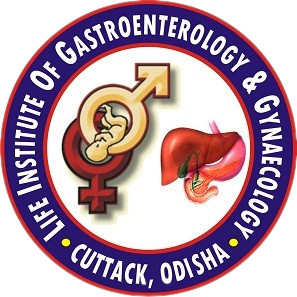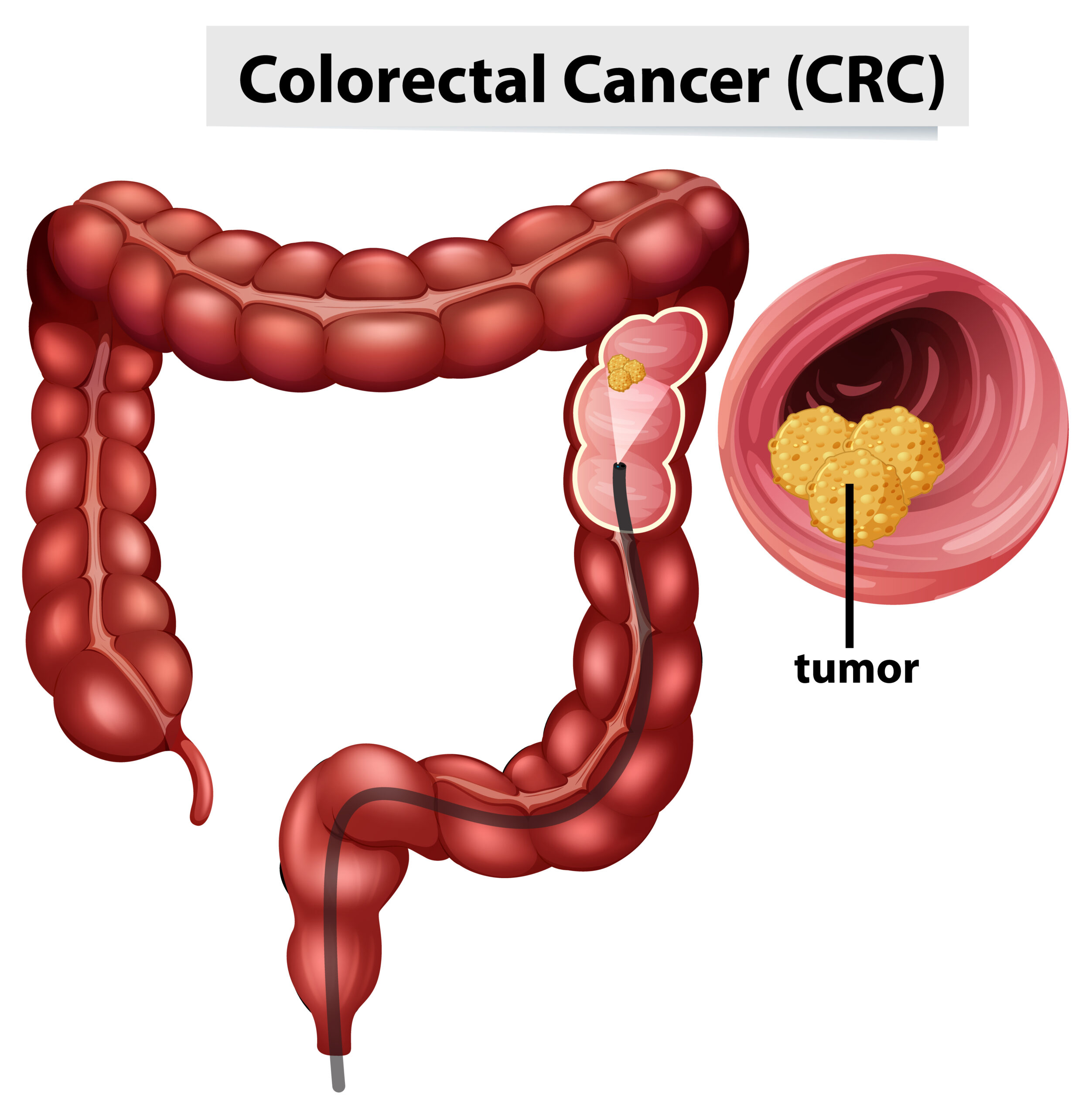Introduction
Colorectal cancer affects the colon or rectum. It is one of the most common cancers in the United States. Early detection of colorectal cancer warning signs can save lives. Many people do not notice symptoms at first. However, knowing what to look for helps you act quickly. This blog explains the main warning signs, causes, and when to see a doctor. You will also find tips for prevention and trusted sources for more information.
Key Warning Signs
Recognizing colorectal cancer warning signs early is important. While some symptoms may seem minor, they should not be ignored. If you notice any of the following, talk to your doctor:
Sometimes, these symptoms can be caused by other conditions. Still, it is best to get checked by a doctor. Early action can make treatment easier and more effective.
Causes and Risk Factors
Colorectal cancer develops when cells in the colon or rectum grow out of control. Several factors can raise your risk. For example, age is a major risk factor. Most cases happen in people over 50. However, younger adults can also be affected.
Other risk factors include:
Although you cannot change some risk factors, you can lower your risk by making healthy choices.
When to See a Doctor
If you notice any colorectal cancer warning signs, do not wait. For example, blood in your stool or ongoing changes in bowel habits should be checked soon. Even if you feel healthy, regular screening is important, especially if you are over 45 or have risk factors. Early detection often leads to better outcomes.
Diagnosis Overview
Doctors use several tests to find colorectal cancer. First, they may ask about your symptoms and medical history. Then, they might suggest tests such as:
These tests help doctors find cancer early. If you have questions, ask your healthcare provider to explain the process.
Prevention and Lifestyle Tips
While not all cases can be prevented, you can lower your risk. Consider these tips:
Small changes can make a big difference over time. Talk to your doctor about the best plan for you.
Conclusion
In summary, recognizing the warning signs of colorectal cancer can help you take action early. If you notice any symptoms, don’t ignore them. Consult a specialist at LIGG Hospital for personalized guidance. Early intervention can save lives.

